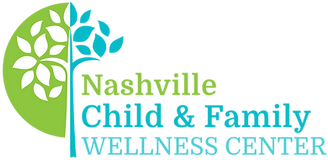This group requires a parent or caregiver to be present and participate in the group. Yes, you read that right. You, the parent, are in the group! There are a number of reasons for this.
1. Reduce the interaction effect
If you are reading this, it is very likely that your teen becomes easily dysregulated, perhaps even more so than your typical teenage “mood swing”. If this occurs often in your household, it likely impacts the whole household. You may find that you feel as though you are walking on eggshells. You might feel a sense of loss, hopelessness, and frustration. You may even find yourself losing control of your emotions and behaviors. The Family DBT Skills group is created to help you learn skills to respond more effectively to your teen when they are emotionally dysregulated, as well as skills to help you manage your own reactions to your teen, thus reducing the chances of perpetuating a negative interaction effect.
2. Feel Connected
While individual therapy can be very helpful for teenagers, parents can often feel left-out or very disconnected from the process. The group puts you right in the thick of things. Learning the same skills and strategies and completing the same homework as your teen. Our experience as well as that of other DBT providers is that parent-teen communication and relationships improve as a result of participating together.
3. Be “In The Know”
Sometimes parents get snippets of therapy terms and goals. They then try to use them to help their teen, with varying degrees of success. Being in the group, you have the opportunity to fully understand the function and purpose behind each skill. In addition, you have an incredible opportunity to model appropriate and effective behavior. Ever heard of the phrase “actions speak louder than words?” The group helps you talk the talk AND walk the walk.
4. DBT Skills are Universally Effective
No one is calm and in control all the time. Our emotions tend to get the better of us, in some shape or form. The great thing about DBT skills is that they can be universally applied: with your teen, with your partner, or with a colleague at work. They are concrete strategies that can help you be more effective in your communication, increase the chances of getting what you want, all while working towards staying in control of your mind so that you can build a life worth living (a classic DBT goal!).





